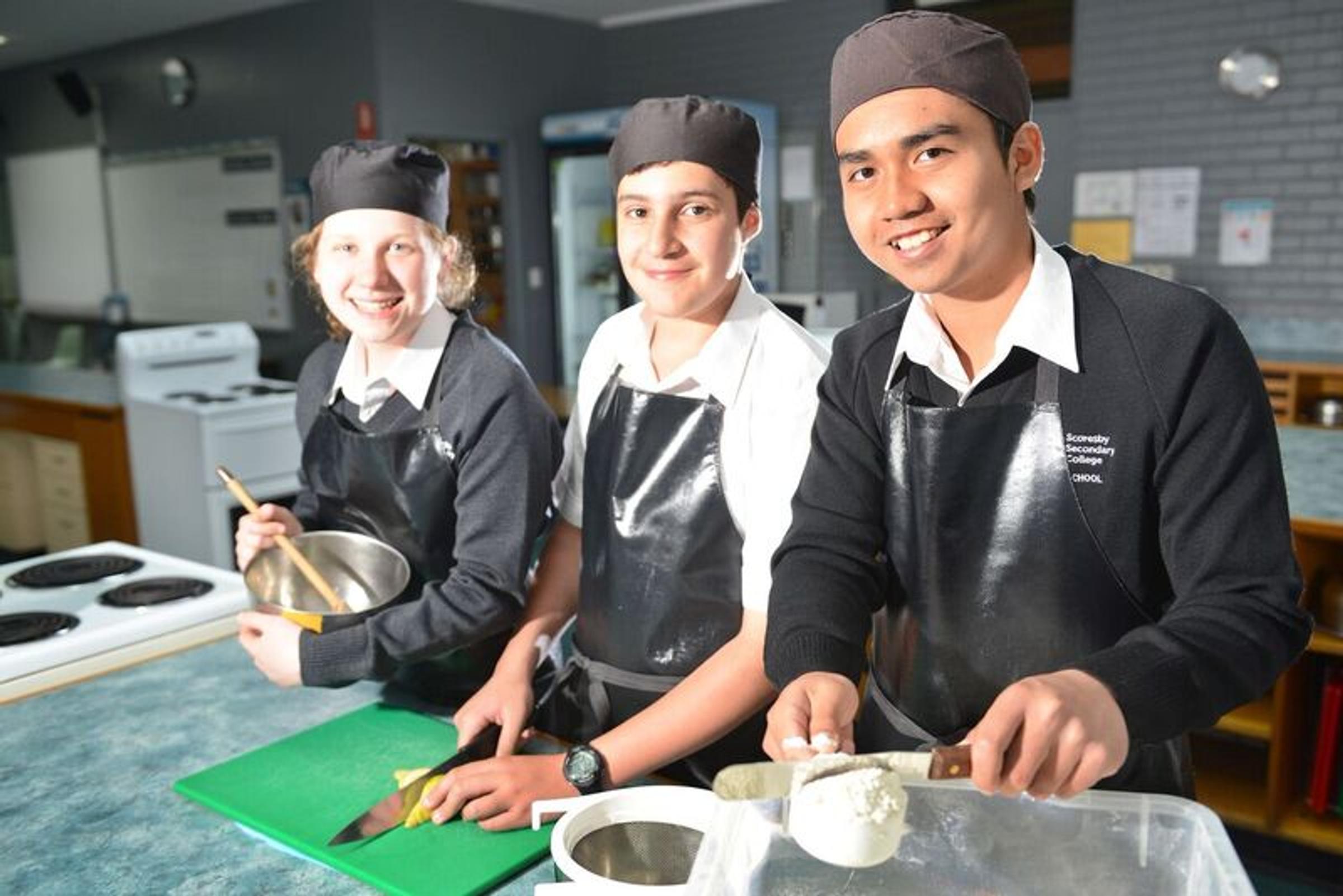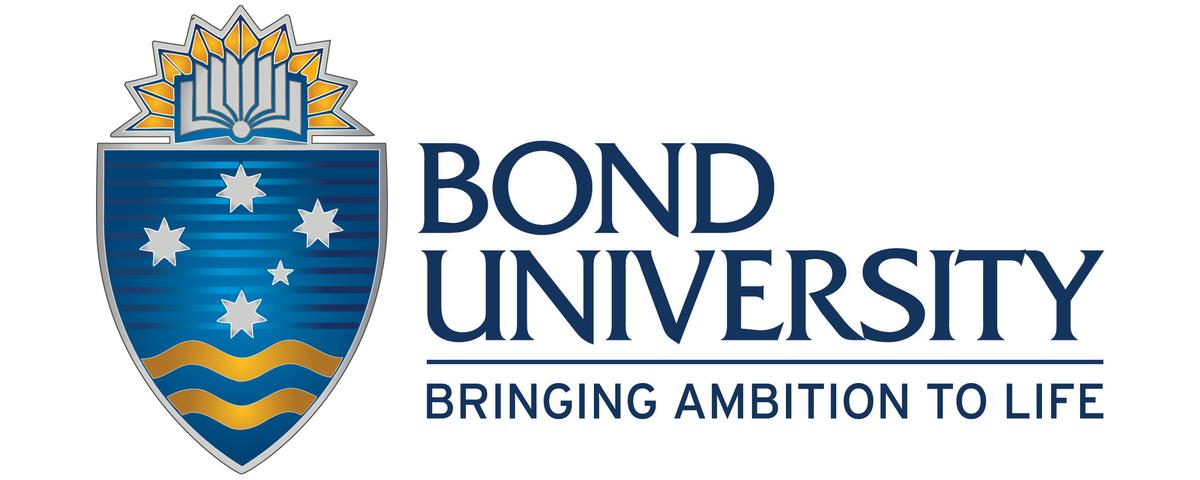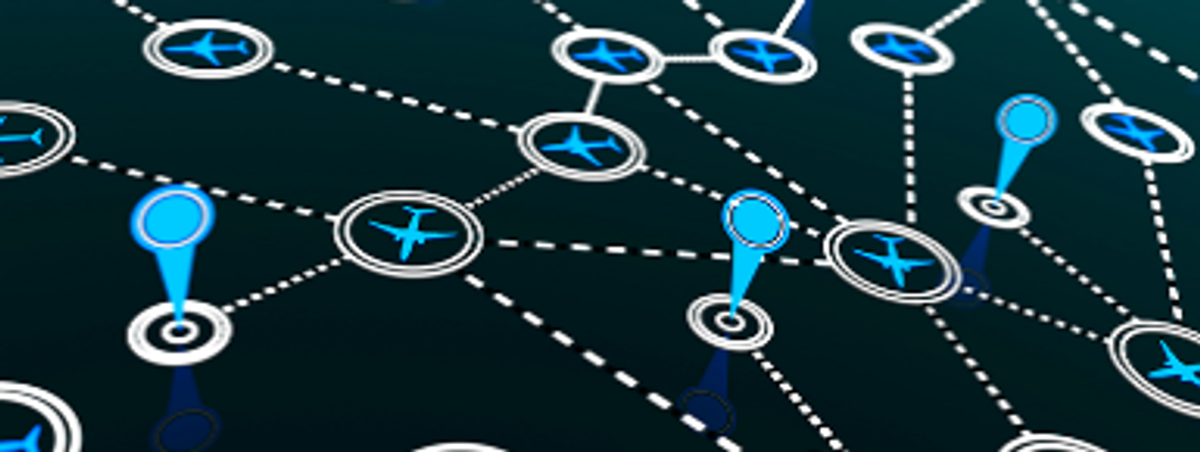Careers

Career News
Some careers news and interesting things to checkout during this remote learning week and beyond.
I attended the Victorian Tertiary Admissions Centre (VTAC) briefing last week. Next week I will be making contact directly with Year 12 students to assist with applications. I am pleased I will be able to continue to provide students with the latest information.
Information nights are coming up and subject selection time, please be aware that I am available to meet with students and parents Monday – Friday and can make bookings before and after school either face to face when possible or via WebEx. It is an exciting time of change moving forward for many students and families, lots of new opportunities and a lot of new terminology, language and decisions that can be confusing and overwhelming, please do reach our if you have any questions careers@scoresbysc.vic.edu.au
Open Days 2021
This information was correct at the time of publication. Students are encouraged to register soon for the online Open Day events so they can receive important updates.
Students in Years 10, 11 and 12 are encouraged to participate in a few Open Days. JB TKS Getting the most out of an Open Day Most institutional Open Days are held in late July and August (see over the page for Open Day dates). However, you are more than welcome to contact an institution to arrange a visit any time.
What happens on an Open Day?
On Open Day you can visit an institution when it’s at its best. Everyone is there – academics, lecturers, current students, and information officers. More importantly, you can talk with academics, lecturers, and current students about what certain courses are actually like, and what is required to get into them.
Who should attend an Open Day?
Anyone who is considering studying at a tertiary level in the next few years should attend.
Why should you attend an Open Day?
Apart from the opportunity to obtain course information there are many other reasons why attending an Open Day is a good idea: • You are going to feel more comfortable arriving at a university or TAFE institute on the first day of classes if you have been there before.
Other questions to consider
What is really involved in the course or courses you are interested in? • If you have to move away from home, where are you going to live? • Will you be happier studying in a large metropolitan institution or a smaller, perhaps rural institution? • What does the place ‘feel’ like? Is it a bustling environment with lots of activity or a quieter, more relaxed campus set in landscaped grounds? • How are you going to get there? Is it close to public transport or should you start saving now for a car?
If you don’t know the answers to any of these questions, then you should attend an Open Day!
How to make the best of Open Days To make your Open Day visits fun and informative, here are some pointers:
• Write down a list of questions you would like to ask about particular courses. • Be there early. Crowds tend to develop as the day progresses.
• On arrival, get a map from a central point and ask for directions to the relevant faculties or schools.
• Ask questions!
• Don’t spend the day collecting printed information only. Use the opportunity to speak directly with academics before applications close.
• Introduce yourself to selection officers if you feel it is appropriate, but don’t be pushy.
• Check out the residential colleges, if available. After all, it is you that will be living there.
• Walk around the campus. Have a good look! See what sporting facilities and other services are available.
• Enjoy the visit! Not everyone can attend every Open Day and various Institutions hold their Open Days on the same date! If you can’t attend an Open Day and you are interested in a particular institution, you may visit at other times. If you wish to speak to a particular person, it is essential to make an appointment first. OPEN DAYS 2021.
Tertiary Open Days
Dates to Diarise in Term 3
- University / TAFE Open Days 2021 – throughout August
Bond University – Open Day Experiences 2021
In 2021, Bond University will be bringing students a full line-up of Open Day experiences. From an exciting virtual broadcast to an on-campus extravaganza, students can get to know Bond University whichever way you choose.
Save the date for Bond's Open Day experiences:
Open Day Live broadcast: Saturday, 24 July
Open Day on-campus experience: Saturday, 7 August
Find out more at Open Day Experiences
RMIT Next Fest
RMIT Next Fest is a month-long festival of virtual and face-to-face events for students to discover a taste of what studying at RMIT is truly like. Students will connect with academics, current students, and future employers, explore RMIT’s cutting-edge facilities, and immerse themselves in student life experiences on campus.
Next Fest Experience dates are:
- Digital Experience: 1 - 31 August
- Physical Experience:
- Bundoora campus, Sunday 1 August, 10.00am – 4.00pm
- City campus, Sunday 8 August, 9.30am – 4.30pm
- Brunswick campus, Sunday 8 August, 10.00am – 4.00pm
- Bendigo Flight Training, Sunday 15 August, 10.00am – 3.00pm
- Point Cook Flight Training, Sunday 22 August, 10.00am – 3.00pm
Students can register to unlock what’s next this Open Day.
Career as an Air Traffic Controller
The Good Universities Guide states that air traffic controllers manage the safe and orderly flow of aircraft into, out of and between airports in Australia and with overseas regions adjoining Australian airspace.
Air traffic controllers may perform the following tasks:
- maintain radio contact with pilots to keep aircraft separated in 'corridors' of controlled airspace, on air routes and near major airports.
- make sure that aircraft operate only on pre-arranged routes and altitudes.
- use radar to monitor and control aircraft movements.
- provide information and assistance to pilots and emergency services during in-flight emergencies.
Air traffic controllers must –
- be able to make quick and accurate decisions.
- have an aptitude for working with computers.
- be confident, highly responsible, self-motivated, and independent, but also be able to work in a team.
To become an air traffic controller, students should gain their Year 12 with passes in English, mathematics, and a science subject (preferably physics). To find out more regarding the various ways of becoming an air traffic controller, visit The Good Universities Guide - Career as an Air Traffic Controller.
New Bachelor of Animation and Visual Effects at VU
Students interested in 2D & 3D animation, screen culture, film and media production, might like to consider VU’s new Bachelor of Animation and Visual Effects which will prepare them with the skills required to succeed as a critically-informed media professional. According to Job Outlook, careers in Illustration and Animation is expected to grow strongly across the next 5 years, with 72% of people working in the field employed full-time. VU’s unique course structure allows for collaboration with Screen and Media bachelor students, providing real-work environments on various productions, including client projects. These collaborations are reflective of industry practice and along with placements, prepare graduates for work, giving them greater opportunity for employment within the media industry, both in Australia and internationally.
Read more about the course structure and admission criteria on the VU website.
News from Monash University
- Engineering Accelerated Pathway
High achieving students interested in Engineering are encouraged to explore the masters accelerated pathway, which will enable them to gain both the Bachelor of Engineering (Honours) and the new Master of Engineering in just five years. Students begin studying master’s subjects in the fourth year, hence the acceleration. The masters will extend students’ technical and industry knowledge, and hone leadership and complex problem-solving skills. There are also generous scholarships available.
Find out more at Engineering Accelerated Pathway
- Bachelor of Business Administration (BBA)
Discover the BBA at Monash Peninsula campus. Small classes and a focus on practical skills developed through industry projects and internships will help students build a toolbox of employability skills. BBA students can also engage in a variety of clubs and activities within a close-knit community environment.
Students get to develop strong business knowledge, while also building their expertise from day one in one or more of the following business disciplines which are offered as majors, extended majors, and minors.
- Accountancy
- Business administration studies
- Economics and business decisions
- Finance and economics
- Management practice
- Marketing and communications
Find out more at Bachelor of Business Administration (BBA)
- The Monash Criminology Difference
Further to information provided in an earlier newsletter, Monash is the only Victorian university awarded a five (world-leading) in the last Research Excellence exercise for criminology. Connected to three major research centres, the Bachelor of Criminology brings cutting edge knowledge and debates into the classroom and provides an outstanding framework of industry connections and involvement, paving the way for graduates ready to take on the next major challenges in Australia and abroad.
Find out more about this degree at Bachelor of Criminology
- Health and Physical Education at Monash
Are you interested in a career in physical education? In the Bachelor of Education (Honours) offered at Monash, students can choose to qualify as specialist health and PE teacher at both primary and secondary school levels. Alternatively, they can focus on secondary education and select a third teaching area. For those who miss out on due to their ATAR, might like to consider the Diploma of Tertiary Studies, which offers an excellent pathway to the bachelor.
Browse Health and Physical Education to find out more.
Resources on Arts, Humanities and Social Sciences
Below are links to ten great resources on all things arts, humanities, and social sciences.
- Arts courses
- Arts pathways
- What can I do with an arts degree?
- Arts abroad
- Arts Work Integrated Learning
- Arts bachelor’s/master’s program
- Arts 2021 brochure
- Sir Zelman Cowen School of Music & Performance
- Arts YouTube
- Arts Student Life
Computer Science Degrees in Victoria in 2021
Several Victorian universities offer Computer Science degrees and below is a list of many of these courses. For a comprehensive list of all courses (including the many double-degree options) on offer at both TAFEs and universities, visit VTAC.
INSTITUTION | VCE PREREQUISITES | MAJOR STUDIES IN 2021 |
DEAKIN M – Melbourne Campus | Units 3 and 4: a study score of at least 25 in English (EAL) or at least 20 in English other than EAL. 2021 ATAR: 63.65 (M) | Algorithms, Artificial Intelligence, Computer science, Computer software, Computing systems, Computing systems integration, Cyber-physical computing, Data and information management, Data mining and machine learning, Data science, Embedded computing, Programming, Project management, Robotics, Sensors and data, Software design and development, System prototyping. |
LA TROBE M – Melbourne Campus | Units 3 and 4: a study score of at least 25 in English (EAL) or at least 20 in English other than EAL; Units 3 and 4: a study score of at least 20 in one of Maths: Mathematical Methods or Maths: Specialist Mathematics.
2021 ATAR: 61.85 (M) | Algorithms and data structures, Artificial intelligence, Big data, Computer Science, Computer architecture, Computer programming, Database programming, Databases, Industrial collaboration and experience, Network security, Networks, Operating systems, Software engineering, Wireless technologies. |
MONASH
Cl – Clayton Campus | Units 3 and 4: a study score of at least 27 in English (EAL) or at least 25 in English other than EAL; Units 3 and 4: a study score of at least 25 in one of Maths: Mathematical Methods or Maths: Specialist Mathematics.
2021 ATAR: 84.20 (Cl) | Algorithms and data structures, Computational science, Computer graphics, Computer programming, Computer science, Computing, Data science, Databases, Distributed systems and applications, Information and communication technology, Information technology, Programming, Software development, Systems development. |
RMIT
C – City Campus | Units 3 and 4: a study score of at least 30 in English (EAL) or at least 25 in English other than EAL; Units 3 and 4: a study score of at least 25 in one of Maths: Mathematical Methods or Maths: Specialist Mathematics. 2021 ATAR: 80.05 (C) | Algorithms and data structures, Artificial intelligence, Big Data, Cloud computing, Computer and network security, Databases, Enterprise systems, Internet, Networks and data communications, Operating systems, Problem solving, Programming, Programming (.NET), Programming (C++), Programming (Java), Security, Software engineering, User-centred design. |
SWINBURNE
H – Hawthorn Campus
** Professional degree | Units 3 and 4: a study score of at least 30 in English (EAL) or at least 25 in English other than EAL; Units 1 to 4: satisfactory completion in two units (any study combination) of any Mathematics.2021 ATAR: 60.75 (H)2021 ATAR: 71.10 (H) ** | Cybersecurity, Data science, Games development, Internet of Things, Network design, Software design, Software development. |
Information Technology Degrees in Victoria in 2021 Several Victorian universities offer a broad range of Information Technology bachelor degrees and below is a list of many of these courses. For a comprehensive list of courses (including the many double-degree options) on offer at both TAFEs and universities, visit VTAC.
INSTITUTION | VCE PREREQUISITES 2021 | MAJOR STUDIES IN 2021 |
CQU | Units 3 and 4: a study score of at least 25 in any English. 2021 ATAR: n/a
| Application Development, Business Analysis, Network Security. |
DEAKIN | Units 3 and 4: a study score of at least 25 in English (EAL) or at least 20 in English other than EAL. 2021 ATAR: 60.30 (M) 60.15 (G) | Animation (games), Application development, Cloud computing, Computer and network security, Computer networks, Computer programming, Creative technologies, Cyber security, Databases, Distributed systems and applications, Game programming, Games development, Information technology, Networking, Object-oriented design, Object-oriented programming, Operating systems, Programming, Project management, Security and management, Software development, Systems and networks, Virtual and augmented reality, Web applications programming, Web design.
|
FEDERATION
| Units 3 and 4: a study score of at least 20 in any English. 2021 ATAR: 56.50 (Be), n/a (Gi), n/a (Ba) | Big Data & Analytics, Business Information Systems, Cloud & Enterprise Computing, Games Development, Mobile App Development, Networking and Security, Software Development. |
LA TROBE | Units 3 and 4: a study score of at least 25 in English (EAL) or at least 20 in English other than EAL. 2021 ATAR: 55.25 (M) n/a (Be) | Big data, Computer applications, Computer networks, Database systems, Information Technology, Information systems, Information systems management, Multimedia authoring, Object-oriented development, Project management, Software development, Software engineering, Systems and software engineering, Systems design and development, Web applications programming, Website development.
|
MONASH | Units 1 and 2: satisfactory completion in two units (any study combination) of Maths: General Mathematics, Maths: Mathematical Methods or Maths: Specialist Mathematics or Units 3 and 4: any Mathematics; Units 3 and 4: a study score of at least 27 in English (EAL) or at least 25 in English other than EAL.2021 ATAR: 80.30 (Cl)
| Business information systems, Computer networks and security, Computer programming, Computer science (minor), Computing, Cybersecurity (minor), Data science (minor), Games design (minor), Games development, IT for business (minor), Information management, Information technology, Interactive media, Mobile apps development (minor), Software development, Software engineering (minor), Web development (minor). |
RMIT | Units 3 and 4: a study score of at least 30 in English (EAL) or at least 25 in English other than EAL; Units 3 and 4: a study score of at least 20 in any Mathematics.2021 ATAR: 65.05 (C)
| Agile software development & Dev Ops, Business IT, Data networks, Database administration, Databases, Graphics, Information technology, Internet technology, Mobile programming, Networks and data communications, Object-oriented modelling, Object-oriented programming, Problem solving, Professional practice, Programming, Programming (.Net, Java, PHP, Python), Project Management, Security, System administration. |
SWINBURNE | Units 3 and 4: a study score of at least 25 in English other than EAL or at least 30 in English (EAL).2021 ATAR: 56.10 (H)
| Business systems, Network technology, Software technology, Systems analysis, Systems management. |
VICTORIA | Units 3 and 4: a study score of at least 25 in English (EAL) or at least 20 in English other than EAL; Units 3 and 4: a study score of at least 20 in any Mathematics.2021 ATAR: n/a (FP)
| Network and system computing, Web and mobile application development. |
Snapshot of Monash University in 2021
- Named after engineer, military leader and public administrator Sir John Monash, Monash University was established in 1958.
- Monash University became a founding member of the Group of Eight universities in 1999.
- Monash ranks in the top 1% of world university rankings, and consistently ranks in the world’s top 100 universities - Rankings
- Monash has over 77,000 students, with campuses in Malaysia, China, India, Italy, besides its five campuses in Australia - locations
- Monash University is the only Victorian university to offer a Direct Entry medical program for students completing year 12 as well as a Graduate Entry program leading to the same degree – Bachelor of Medical Science and Doctor of Medicine (MD)
- There are ten Monash Faculties offering hundreds of courses, be they single or double undergraduate degrees, or graduate qualifications up to a PhD
- Monash has a number of student-run clubs and associations - a great way to get involved and meet people - Monash Clubs and Associations
- Career Connect is the Career Centre available to all Monash students. Students can access the many services offered – be it for volunteering, part-time jobs, assistance with applying for work on graduation, etc.
- The Monash Study Abroad program assists students in studying overseas as part of their course. Monash has exchange agreements with more than 160 universities across 35 countries.
- Monash offers more than 200 different scholarships for new and current students, from course fee subsidies to travel allowances, and payments for accommodation costs - Scholarships
- The Monash Guarantee is an alternative entry scheme for students to get into a Monash course even they do not reach the course’s clearly-in ATAR. Students may be eligible for the Monash Guarantee if they:
- have experienced financial disadvantage
- live in a low socio-economic area
- are an Indigenous Australian
- attend a Monash under-represented school
- Monash Residential Services assists students in finding accommodation on campus, and off campus
- New in 2021 has been the introduction of bachelor degrees in Applied Data Science, Politics, Philosophy and Economics (PPE), and the Pharmaceutical Science Advanced Scholars Program
Ms Bronwyn Haines
Careers & Pathways









